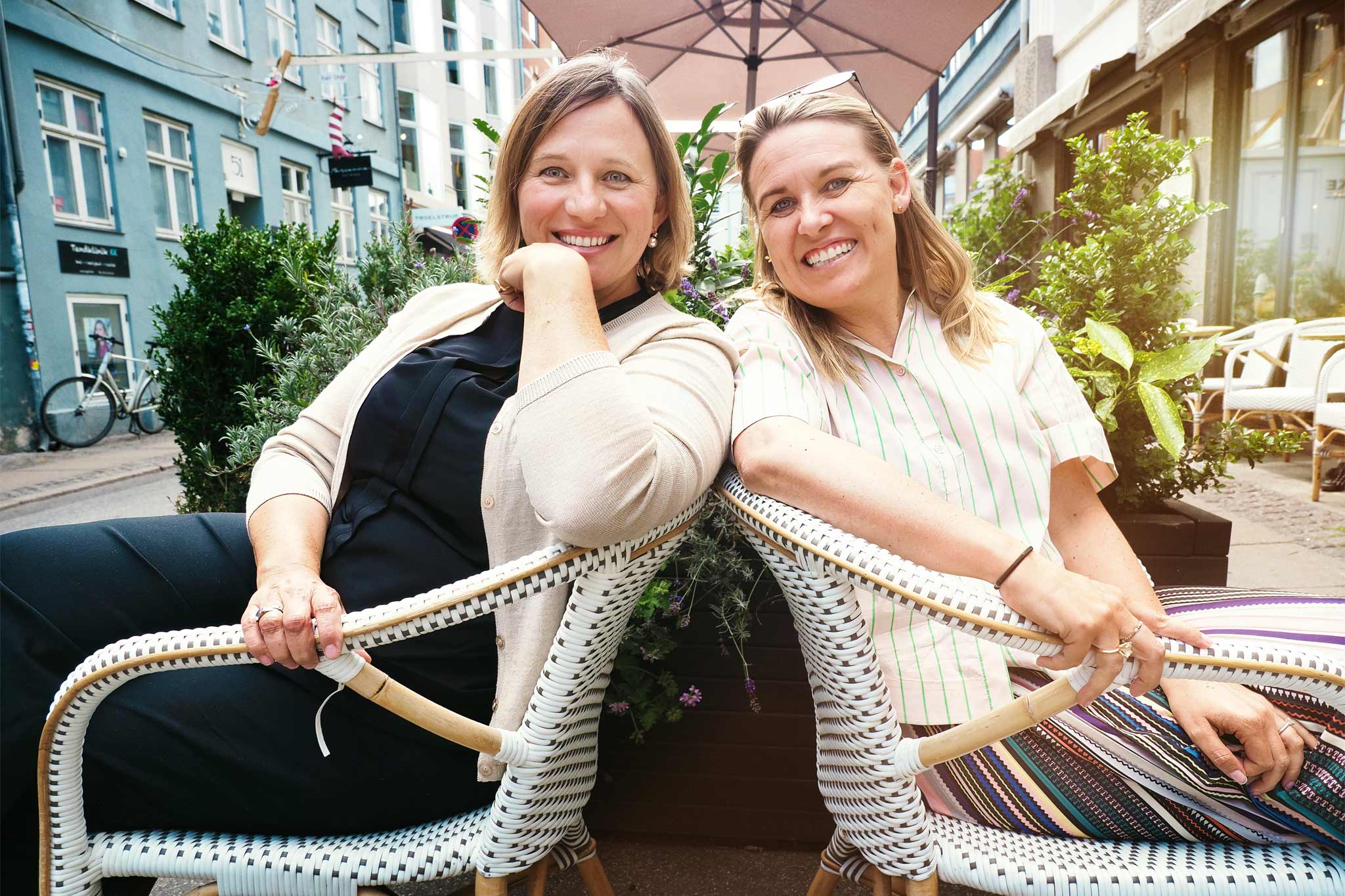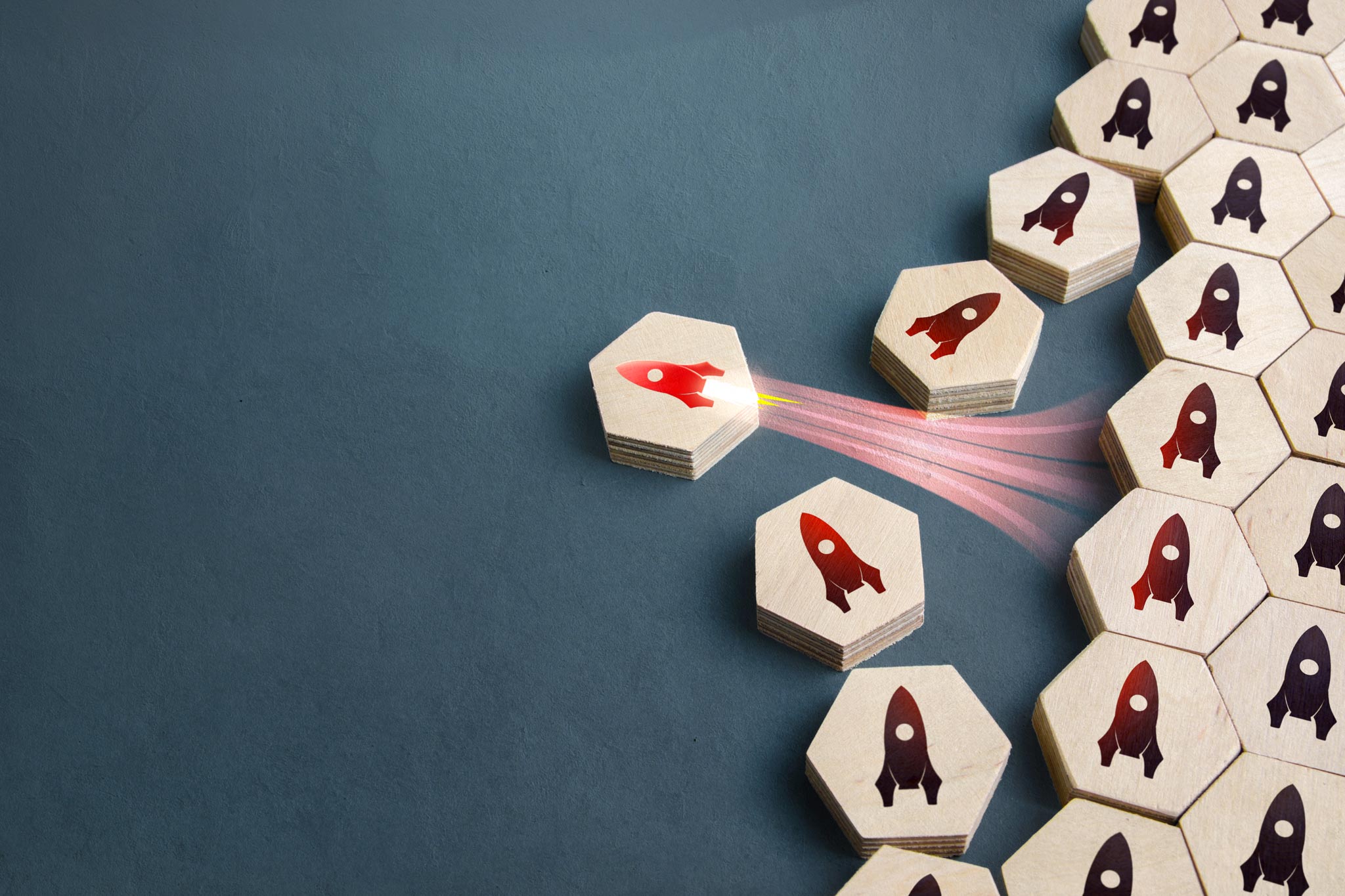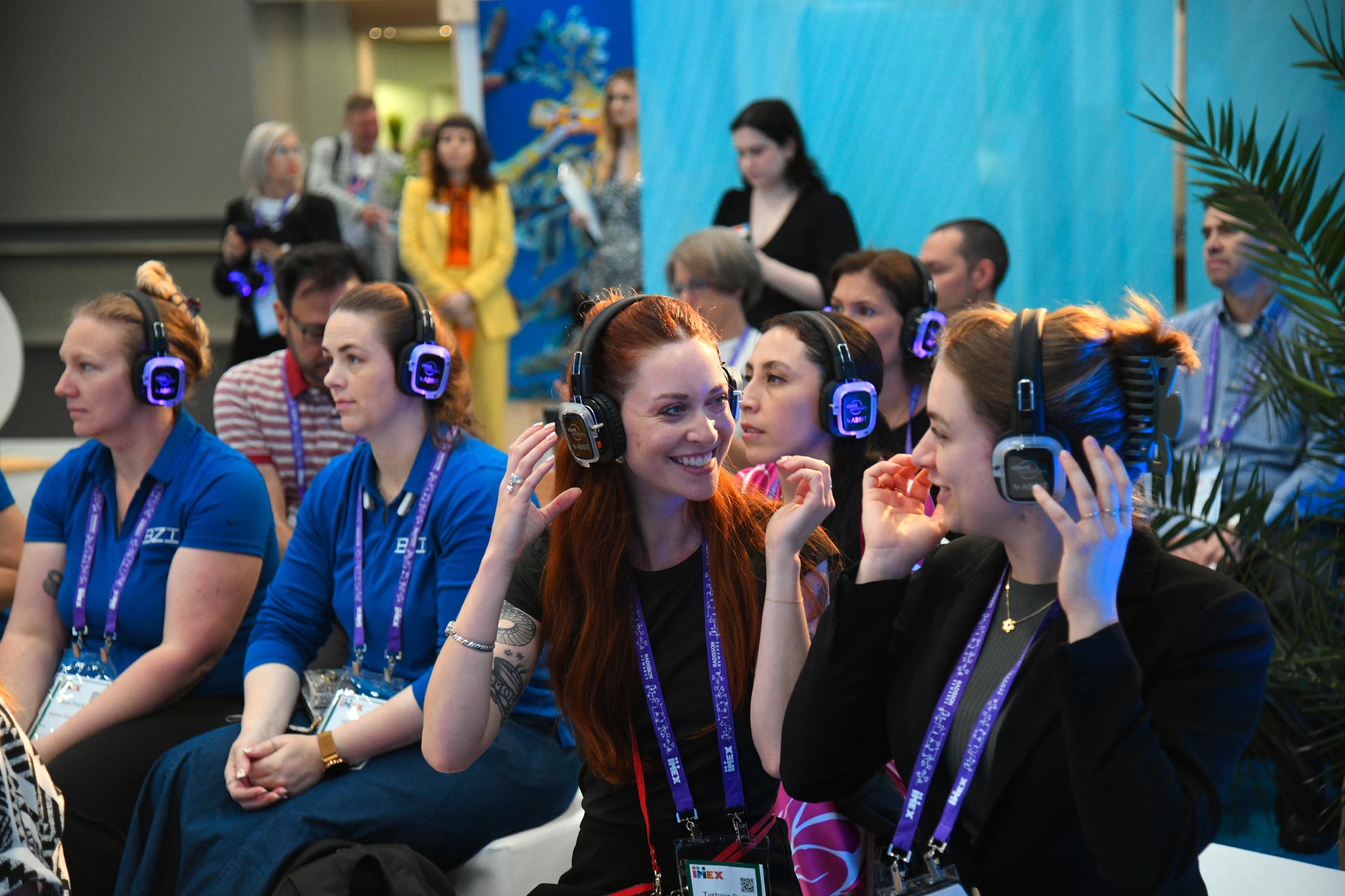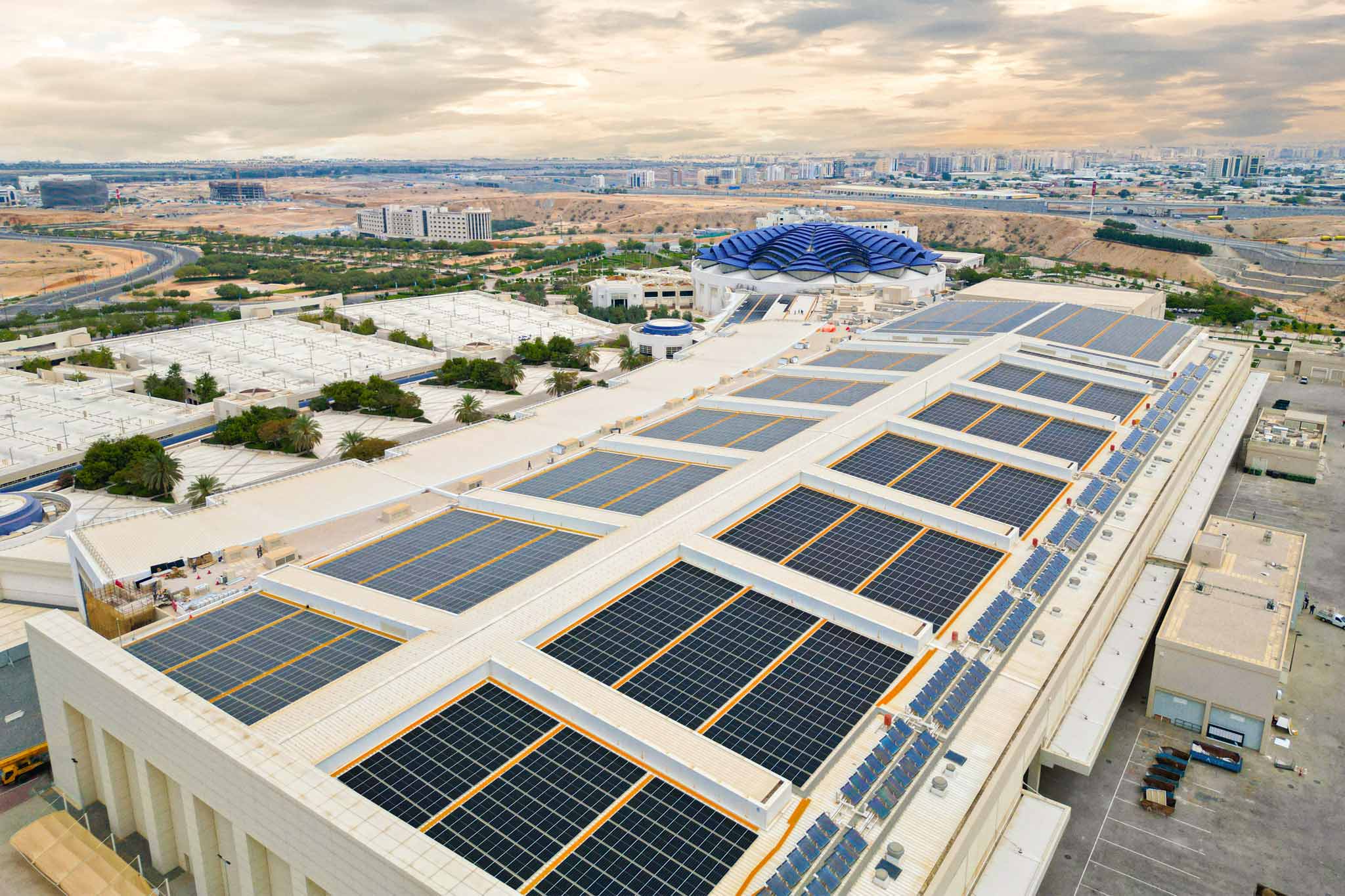Copenhagen Convention Bureau launched the Copenhagen Legacy Lab (CLL) in 2019 to integrate international congresses held in Copenhagen with local public, business and science communities. This is achieved through the facilitation of systematic exploration and development of activities that have the potential to generate positive, long-term sustainable impacts for communities. These can be local or global, and their chief benefit is transformation and flourishment.
The CLL presents a great opportunity for international associations to, through their events, achieve their organisational purpose, vision, and objectives. At the same time, the destination is able to solve societal challenges and stimulate economic and social growth by promoting innovation, know-how, and internationalisation.
Legacy has been intensely researched, developed and experimented with for many years by Copenhagen Convention Bureau. It started with a PhD study on the impact and legacy of congresses. This was followed by the Meet Denmark Outreach and Legacy reports and contributions to the Best Cities Legacy Measurement Report. The importance of legacy to an association and its congress has been discussed for many years. A key question throughout these conversations has been whether or not legacy is an important element of a winning destination bid. And in Copenhagen, people are convinced that the answer is: yes. Thanks to their considerable investment in the CLL, they have won several congresses and achieved award-winning added value for the city’s already successful environmental work. For Copenhagen, legacy is an important door to the future.
“Financial issues are still the most important, and the foundation for carrying out a congress or meeting. Still, legacy should be considered a way to create responsible and resilient business models and attract funding in the long run,” says Annika Rømer, Lead of Copenhagen Legacy Lab.
“Legacy as a development issue is still in an upward trajectory, so it is difficult to say what it will look like in the long term. But we should not underestimate the legacy issue and what it does for Copenhagen’s future as a congress city and as part of our brand. We see legacy like an Olympic flame that is carried forward, with exponential development potential. Questions about regenerative society and climate are flowing more and more together. This is the reason legacy will continue to come in different shapes, forming part of the industry’s future journey as it supports not only congresses but also the development of destinations.”
Bettina Reventlow-Mourier, Deputy Convention Director at Copenhagen Convention Bureau, adds: “Customers, partners and suppliers are looking into legacy, but there is still much to be done in creating long-term positive impact from visiting congresses and events. As part of this, we see that more and more congresses are becoming catalysts for seriously crossing borders. For example, we will have Nordic Life Science Days 2023 in Copenhagen.”
With over 20 years of experience in the meetings industry, Bettina Reventlow-Mourier has extensive knowledge of working with association congresses and creating a close collaboration between associations, academia, organisations, companies and government. With a mission to continuously pursue and contribute to developing innovative, sustainable solutions in the meetings industry, she has been the cocreator of the CLL alongside Annika Rømer, who joined the CLL in 2021 when the initial methodology and funding model was put in place. Together they continued to develop the programme as it is today, building an entity focusing on legacy and applying methods inspired by the Theory of Change. In addition, they have used EU Commission work with impact assessments in close collaboration with national economists and the meetings ecosystem.
As an intrapreneur, Annika Rømer has for more than a decade been identifying, designing, building, measuring and communicating about impact-driven business models and communities with global outreach across industries and sectors. There are three essential questions the CLL is working with: Why do we believe legacy will have an impact on the future meeting industry? What does it take to embed legacy in our business model? And finally, what are the main obstacles to working with legacy and how do we overcome them?
“Legacy should be considered a way to create responsible and resilient business models and attract funding in the long run”
Bettina Reventlow-Mourier goes on to say: “Based on insights, data, and practical experiences, the Copenhagen Legacy Lab has, since 2016, been diving into how we advocate for our industry and create a responsible, resilient and regenerative business that goes beyond ‘heads and beds.’
“Our process includes do’s and don’ts that market players can get inspired by when kickstarting their legacy work with associations, hosts, partners, and governments.”
Annika Rømer explains that the CLL aims to support associations in developing new business opportunities that leave a mark on their destination, and potentially global society. Associations should consider the CLL as a free-of-charge service. Using insights and data, it supports the achievement of their objectives and develops their business model using meeting platforms as a catalyser for long-term positive change, reaching far beyond the meeting itself.
“The Copenhagen Legacy Lab identifies key challenges for our customers and the destination using a proven methodology. We involve only the most relevant stakeholders and design activities for the congress that have the potential to create a long-term positive impact,” says Annika Rømer.
The long-term strategy of the CLL is to open more doors and get congresses to Copenhagen that maximise the value of the event for the association, their communities and for the destination.
“By investing in these legacy processes and supporting the change from a focus on economic turnover, to strategic value creation and capture, the subsequent value proposition to the association is enhanced. Ultimately, therefore the reason to travel to a congress is strengthened and further justified,” says Annika Rømer.
The CLL team has experienced challenges getting the associations to understand the concept.
“One challenge is confusion around the term ‘legacy’. In Denmark, it is a strategic and structured approach to creating long-term positive meeting impacts, supporting our customers and partners before, during and after the event,” says Bettina Reventlow-Mourier.
“For many associations, it is still about creating standalone outreach activities, not necessarily a strategic tool to support their overall strategy, vision and mission or the destination where the meeting is held,” says Annika Rømer.
The second challenge is resources. Associations are often forced to focus on short-term meeting outcomes. They need more time, finance and skills to develop the meeting set-up and organise impact measurement. This is an obstacle to creating resilient business models in the long run.
“This is where the Copenhagen Legacy Lab tries to fill in the gap for creating long-term positive impact from congresses and events. It benefits not only our customers and their communities but our business too,” says Bettina Reventlow-Mourier. She continues: “It is the insights, understanding and buy-in on how the choice of destinations can enhance strategic meeting design and hence leave a legacy. The Copenhagen Legacy Lab aims to be involved as early as possible in the customer journey as it should not be considered a nice ‘add-on’. It should be regarded as a commitment to help associations meet their objectives and drive positive change in the destination.”
Looking into the future of the CLL is difficult, as transformation takes time, Annika Rømer points out.
“We hope the Copenhagen Legacy Lab will not only have created a movement within the meeting industry but can identify new services for business and destination. We want to create the world’s leading innovation hub for legacy. We also want, as a satellite, to support the transition of business tourism, developing and collecting knowledge and best practices to turn them into concrete, actionable learnings for the benefit of the industry and society as a whole,” says Bettina Reventlow-Mourier.



